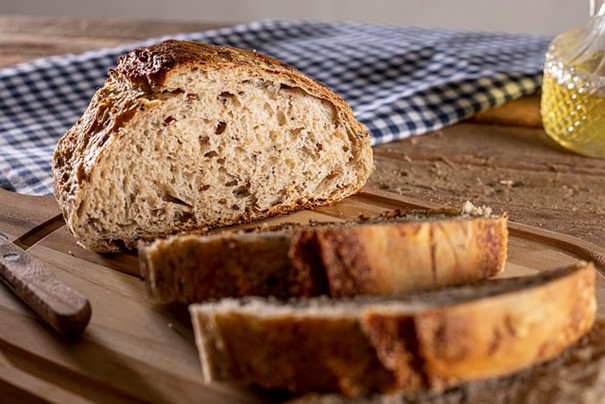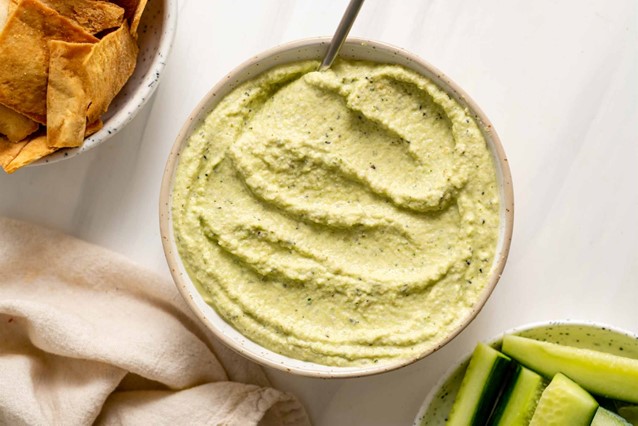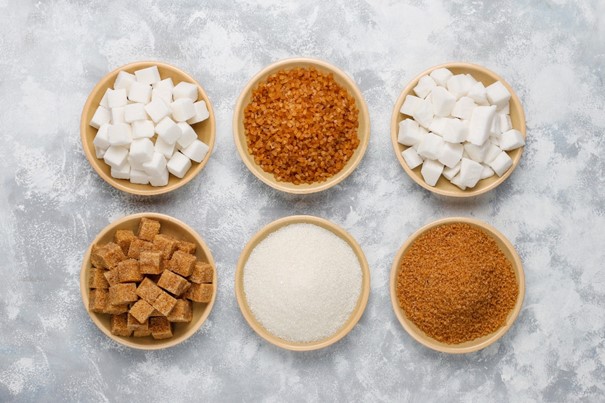A good keto bread must be low in carbs, rich in fibers, gluten free and without colorants. In this article we’ll focus on healthy ingredients tips for homemade keto bread.
- Wheat flour alternatives: opt for gluten-free options like almond, coconut, or buckwheat flour.
- Baking powder: you will need about 3 teaspoons per loaf to ensure that your keto bread rises properly.
- Eggs: use 6 per loaf if you are non-vegan. Separate the yolks from the whites, beat the egg whites to make a light and airy bread.
- Butter: add butter or ghee (or non-dairy alternatives like avocado or coconut oil) to ensure your bread is creamy and not dry.
- Psyllium husk or psyllium fiber (a natural plant fiber) will add extra fibers to your bread.
- Sweetener and salt: Use sugar alternatives like erythritol, stevia or a mix. Add some Himalayan salt or sea salt for extra taste.
- Seeds: Add pumpkin, sunflower or sesame seeds to add some crunch and enhance the taste of your keto bread.
Read the full article of Go-keto to check out the full recipe for keto bread. Go-keto is an online boutique which offers a variety of keto friendly foods and supplements that shall accompany you throughout our keto program.




